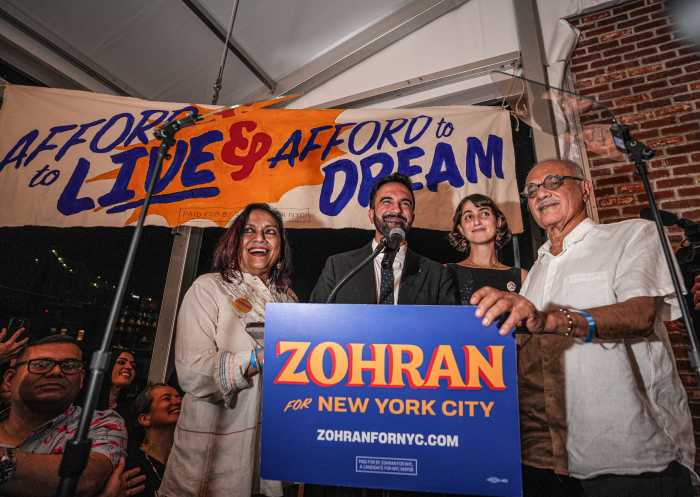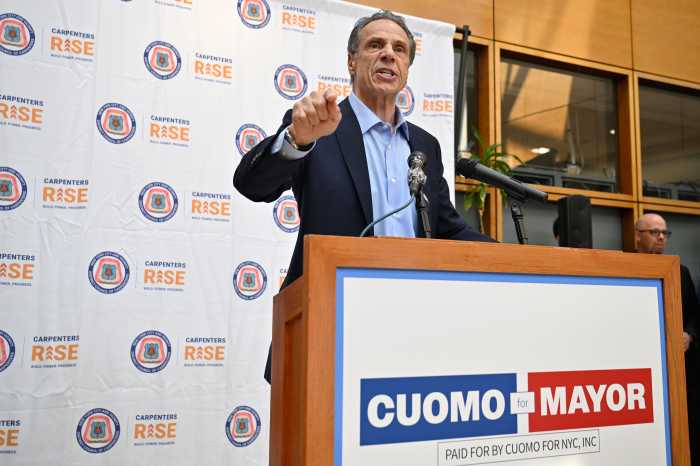This is the 150th anniversary of Memorial Day — depending on whom you ask.
In 1868, Gen. John A. Logan, commander of the Grand Army of the Republic, declared an official celebration of Decoration Day, when the nation would honor its war dead with flowers on their graves. But his declaration is not the only claim on Memorial Day origins.
Various towns have squabbled over the honor of being first. Southern sympathizers laid flowers on soldiers’ resting places and celebrated Confederate Memorial Day. In the years after the Civil War, some used Memorial Day to paper over national divisions. Others used it to remember hard-fought causes, right or wrong. The experience of World War I led the nation to expand the holiday for all American war dead.
This is all to say that the exact meaning of Memorial Day has always been fluid. So, with an eye toward history, let us reclaim it for the present.
Let it be a moment when we pause to consider the vast number of Americans who have given their lives in uniform, dating back to the foundational days of the nation. But let us not forget the immediate agony of U.S. soldiers, sailors and Marines who have died in recent and ongoing wars. Those deaths reverberate still, and the brothers and sisters at arms of those soldiers are still serving.
Let Memorial Day be a moment when we bridge political divisions and recognize our shared values. But also, let it be a reminder of the importance of politics and honest debate. Elected officials make policy, and policy sends soldiers to battlefields, or not. We owe it those in uniform to engage in intelligent and honest political discussion.
And let Memorial Day be as central to our lives as it has been in the wake of earlier wars. As we enjoy the beach or watch a parade or grill a burger, let’s keep the deeper meaning of the day in our minds and in our hearts. Let’s remember those who died in service of a national ideal. Let’s honor that ideal, and let’s remember.





































